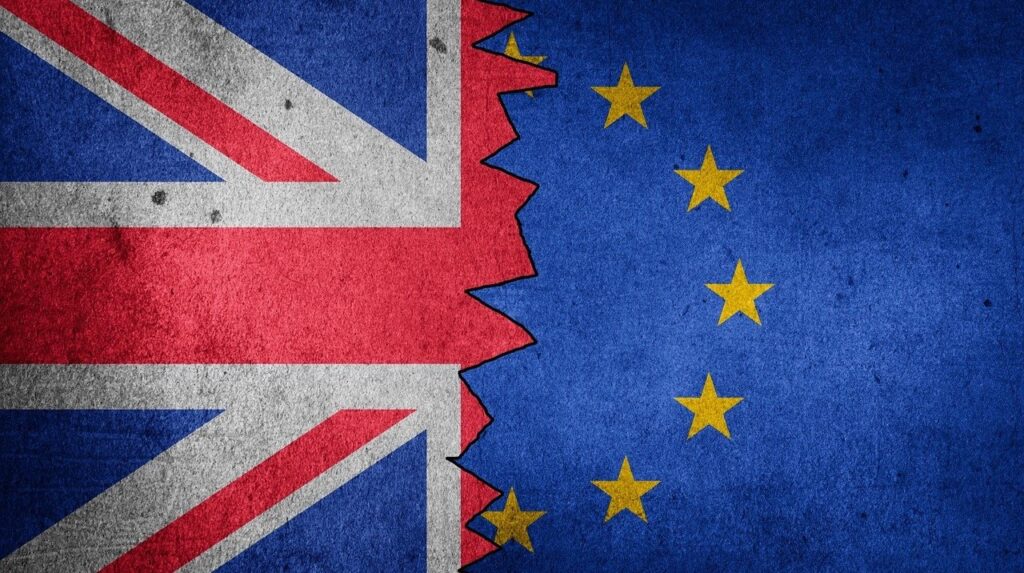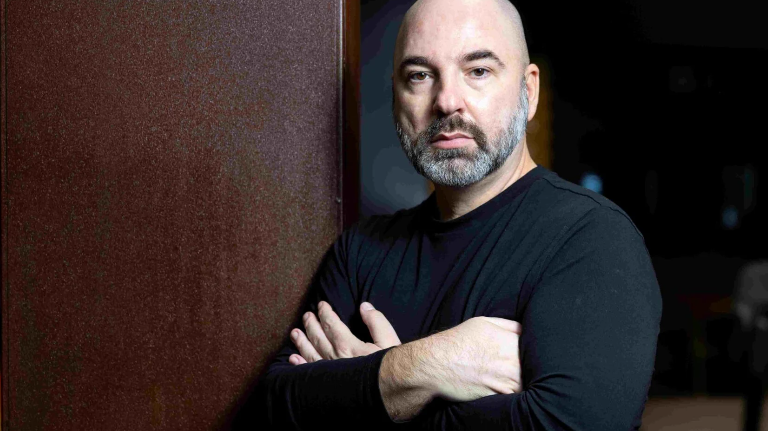Amid record-breaking heatwaves ravaging the region, the need to find a new prime minister and the cost-of-living crisis, the question arises: can the UK stick to its Net Zero goals and are politicians committed to reaching the greenhouse gas emission goals by 2050?
What is Net Zero?
The Net Zero policy calls for the rapid reduction in climate-damaging greenhouse gas emissions. Net Zero does not mean that there are no more emissions, rather that the emissions generated are offset by the same amount elsewhere. Over 130 states have set targets of reaching ‘Net Zero’ by 2050, and even though the scientific community regards these plans as ‘too little, too late,’ it is the standard for most countries.
PM Candidates’ Thoughts
What all of the Conservative Party’s potential candidates share is that none of them questions the fact that humans are warming the planet at breakneck speeds. But as for specific Net Zero policies, they have differing opinions.
Regarding the date of reaching Net Zero, Foreign Secretary Liz Truss, former Chancellor Rishi Sunak and Trade Minister Penny Mordaunt stated that they would honour the Net Zero commitment, which is codified in the Climate Change Act of 2019.
Former minister Kemi Badenoch and Chair of the Foreign Affairs Select Committee Tom Tugendhat on the other hand stated they would seek to change the date, though the latter later deflected and said he would remain committed to 2050, but ‘nobody yet has set out a path to achieve it.’
Penny Mordaunt has been enthusiastic about the potential financial gain from pursuing the Net Zero goals saying that it ‘represents a huge opportunity for jobs and growth’ that will provide millions of new workplaces.
As opposed to that, Kemi Badenoch called the policies ‘unilateral economic disarmament’ and labelled the 2050 target ‘arbitrary’.
Rishi Sunak and Liz Truss have been skirting the issue, but both of them are thought to have negative views on the subject. Liz Truss cut funding for solar farms calling them ‘a blight on the landscape’, while Rishi Sunak was accused of blocking green policies. Both solar farms and the green policies allegedly sabotaged by Sunak are crucial to achieving Net Zero.
Decisions
Climate change denial is hardly ever formulated in serious political circles, but the speed and cost of countering it are often debated. The most typical dilemma politicians in the UK face is whether the current crises, such as sky-high energy prices and rising inflation, should mean that the Net Zero project is paused or slowed down.
Whoever is elected the new PM, they will be immediately need to make crucial decisions that will ultimately show whether the Net Zero goals are achievable.
What other choices are there for the Brits? Should the government, similarly to Hungary, provide money to households to modernize their homes’ insulation? Expand fossil fuel extraction to combat energy prices? Install more renewables? Regardless of the choice, the new PM’s and the Conservative Party’s decisions will have long lasting consequences.
The ‘Levy’
The British government has been using methods comparable to the Hungarian government’s utility costs reduction programme to alleviate the burdens of UK citizens. For instance, the ‘Warm Homes Discount’ is a one-off government contribution to households’ electricity bills, but it is tied to eligibility criteria and needs to be claimed. There are also government schemes that provide support to households for energy-efficiency upgrades.
Another way of reducing the shock of energy price hikes would be the temporary scrapping of the green tax imposed on energy bills known as the ‘levy.’ Penny Mordaunt and Liz Truss told their fellow MPs that they would suspend the ‘levy’. Kemi Badenoch has also implied the same in a press statement in which he said ‘Driving up energy costs to hit Net Zero, for example, comes at a greater cost for those places and parts of our economy that are still industrial.’
Despite the promises to suspend the levy, some parts of it are bound to stick around as the government would be breaking contractual promises with energy companies should it decide to do away with it. ‘What’s likely to happen in reality is that the Treasury would end up paying for it rather than just stopping it,’ according to Daniel Newport, head of Net Zero at the Tony lair Institute for Global Change.
Conservative Views on Net Zero
The leadership contenders’ proposals have to be appealing not just to their fellow MPs, but Conservative Party members, too, who will have the ultimate vote between the final two contenders.
According to Craig Mackinlay, the head of the Net Zero Scrutiny Group, ‘All candidates know very well that the un-costed and impractical Net Zero agenda promoted thus far will not wash with Conservative Party members at this time of an energy price fuelled cost of living crisis.’ More broadly speaking, as the energy crisis pushes nations back towards more coal use to replace gas, the commitment to Net Zero comes into question.
It is clear that whoever wins the PM vote will have to realize an effective and widely accepted Net Zero agenda, which will be an extremely difficult task. The global energy crisis has not left the UK untouched, and some are already starting to feel its adverse effects, which puts the Net Zero goals in jeopardy.







